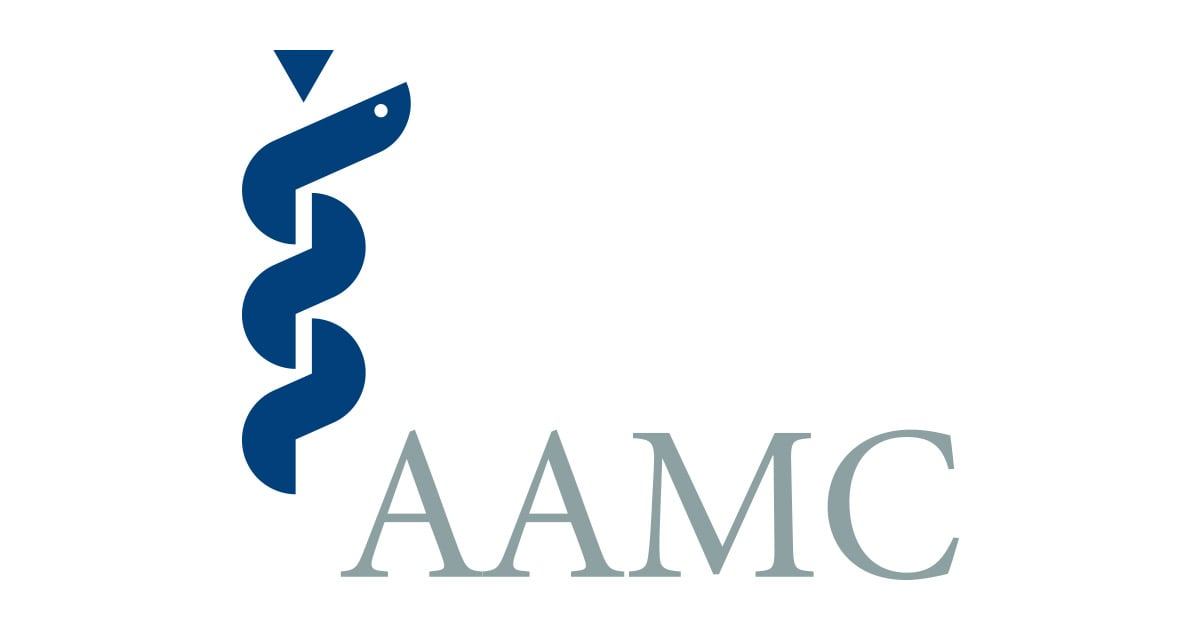I've always had the thought of going into Neuropsych while being a "type-b" professor, but I've also had that nagging thought in the back of my head "Do I like neuropsych? Or do I just like psych evals/assessments?"
I think this thread is pushing me toward the latter. While I may still go into some neuro training opportunities, I'm not sure if it's something I want to commit that 2-year post-doc to. I just wanna jump into IMEs, clinical evals, etc and do my lil research.
I do wonder though, how is the quality of life between academia and PP? While I know work is still being done during summer and winter break, having it must be nice.
Just to cover the bases for others who may read this thread, I’m going to touch on a few different areas of practice.
Psych evals w assessment measures to do differential diagnosis for example is rarely paid for by commercial insurance. If you can convince a commercial insurance to pay for it, they’ll make you jump through hoops bc you’ll be paneled on the behavioral health side, and they’ll likely only give you a couple/few paid hours. They’ll require a list of assessment measures and your rationale for using them. Then they’ll limit your hours for your report. Paneling through medical eliminates most hoops, but traditionally I’ve only seen this for rehab & neuropsych. It’s been a number of years since I took any commercial or gov’t (Medicare or Medicaid) insurance, so YMMV.
For straight forensic work, I sometimes see work doing differential dx for PTSD, but a lot of those cases also have polytrauma injuries include brain injury, so neuropsych will cover both. There are some cases where you can do the record review (forensic billing rates) and do PTSD differential, but there isn’t a ton of actual assessment involved, but the record review at least can get you some premium billable hours.
In the work comp world they usually will just ask for a 90791, but you are free to give assessment measures, but you cannot bill extra for it on the first visit where you bill 90791. 90791 as a CPT code is one of the few untimed paych codes, so you can spend 1 hr or 5hr doing the intake, and you’ll get paid the same. I’ll get a handful of requests per year from WC insurers to do differential dx for psych (usually w PTSD included), but that is mostly bc they know me from my neuro, pre-surg, and other assessment work. Sometimes I’ll get straight adjustment following MVA, but there really isn’t much psych testing, bc you can run though the criteria in your 90791.
There can be quite a bit of variance btw WC coverage between states, so others may share different experiences. In the three states I’ve practiced, none have had this as a big area and two of the three regularly fought psych to even be involved. It’s fine if you are only looking to do a few a year, but it’s hard to build a practice around psych assessment unless you also offer clinical interventions.
I know of a speciality clinic that mostly does PTSD cases, but treatment is the majority of the work. They carved out a niche in WC and legal work to provide counseling. They do expert work for PTSD, so there is some assessment and forensic rate hours, but they carved out a very unique niche w WC and first responders. They also have some fellowship trained forensic ppl, though not all.
There could be other niches for psych assessment, but you’d need to likely create it. Maybe doing pre-employment screens for police dept, but those are likely going to be closer to commercial rates than forensic rates. Same for EAP programs. Some sub abuse screeners maybe, but not actual personality assessment.
All of this to say that there is quite a bit of assessment work out there in the forensic world, but most of it is in head injury bc that’s where the $$$ settlements are in play. Many lawyers won’t spend the money for just psych unless it is PTSD, and even then it’s not like you’ll be giving a ton of assessment measures, but you can bill for the record review and your report findings.
I don’t mean to rain on your parade, but psych assessment has really been devalued over the past 10+ years and most payors won’t pay much for it. Many lawyers never liked it, so educating lawyers about times when it is useful can yield some cases, but you gotta do the leg work.
Hopefully there are others who do this work regularly in the forensic arena that can chime in, as 90% of my forensic work is TBI and 5% is PTSD differential diagnosis.

